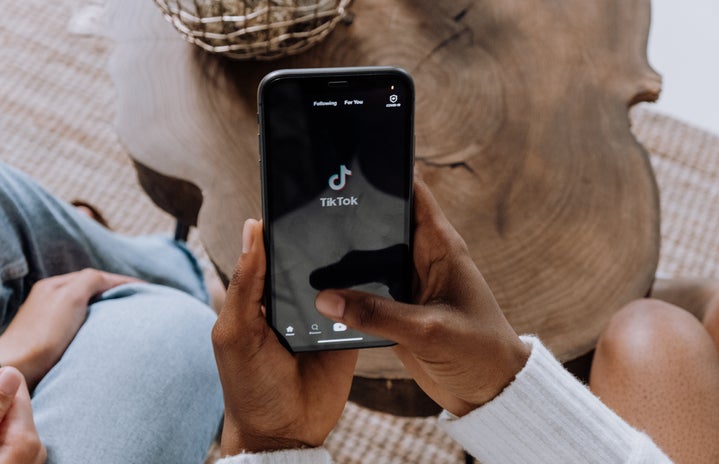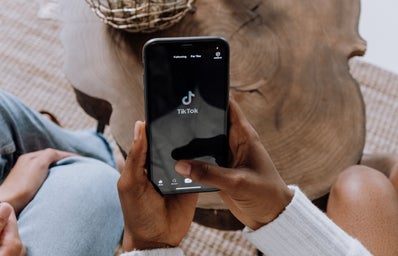It starts the same way each time: a simple scroll through Instagram. I look at the posts my friends and others I follow have shared. I watch friends’ and acquaintances’ stories, catching a glimpse of the little snapshots of life they choose to reveal. Whether it is a night out with friends, dinner with their significant other, a stroll around the park or a study session, it feels like they’ve opened a window for a moment, letting me see only what they want.
Nonetheless, sitting at my dining table on a Tuesday night, I wonder, am I living up to any of this? Is this what college is supposed to look like?
It might sound dumb, but as a sophomore, I often feel like I should have everything more figured out—structured plans, solid relationships and a clear sense of self. It is easy to fall into the trap of thinking I need to measure up to what I see online, and I carry the weight of these expectations on my shoulders.
Recently, I came across a study from the University of Pennsylvania that explored how social media use contributes to the fear of missing out (FOMO). This research asked one group of participants to limit their social media usage to 30 minutes daily while a second control group continued their usual activity. After three weeks, those who reduced their social media time reported feeling significantly less depressed and lonely compared to those who had no restrictions on their usage.
When I read that, I couldn’t help but think 30 minutes? My screen time usually hovers around four hours! However, motivated by this information, I decided to take some action and managed to cut down to about two hours a day over the past two weeks. So, if you feel like you need to disconnect from your phone for a while, here are a few tips and tricks that have worked for me:
- Check your screen time usage consistently.
Keeping an eye on your screen time can be a great way to stay mindful of how much time you spend on your phone. It’s so easy to get sucked in and lose track of time. Having a widget that shows my screen time has been super helpful.
- Turn your phone black and white.
It may sound weird, but it works. I’ve been doing this since high school during exam weeks. Making my phone less visually appealing has really helped cut down the time I spend on it (this article teaches you how to put your phone in grayscale mode.)
- Be mindful of the content you are consuming
This may be obvious, but paying attention to what you’re scrolling through is so important! Ask yourself if what you’re seeing is adding something positive to your day. Are you feeling inspired? Learning about something you’re passionate about? Finding cool new movie recommendations? D
on’t get me wrong—I love a good brain-rot meme session with my friends every now and then. But being mindful about what we’re consuming is crucial. There’s a fine line between entertainment and just losing time.
FOMO hits hard in college. You’re trying to balance everything: making new friends, keeping up with the ones you have, staying connected with friends back home, doing homework, exercising, eating healthy, going out, building your career and having fun (I’m exhausted just writing that out).
It’s easy to feel like everyone else is living the “perfect” college experience. But honestly, limiting my social media reminded me to focus on my life instead of everyone else’s—because, at the end of the day, that’s what matters most.


